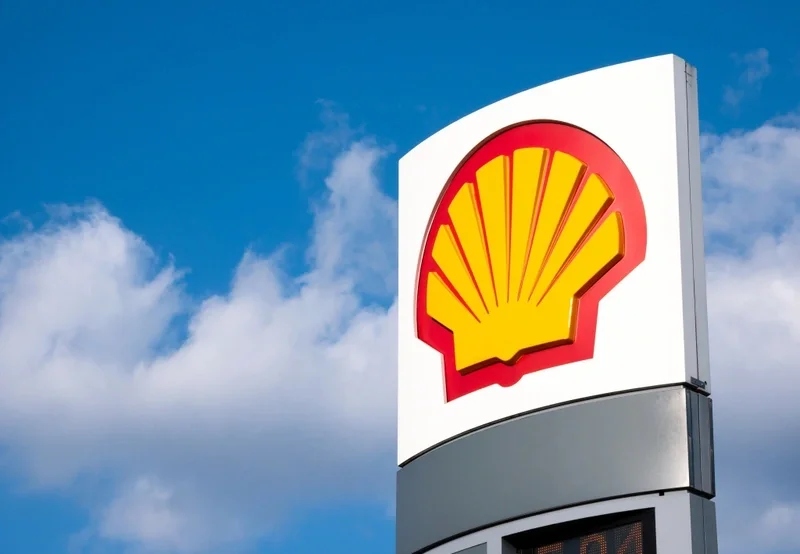
Stocks in Europe were on the up heading into Thursday afternoon, as morning caution in equities made way to solid gains, though a poor reading of the US labour market on Friday could give markets a reality check.
US nonfarm payrolls are reported at 1330 BST on Friday. Markets in London and New York are closed for Good Friday. New York re-opens on Easter Monday. London re-opens on Tuesday.
The FTSE 100 index was up 51.57 points, 0.7%, at 7,714.51. The FTSE 250 was up 81.92 points, 0.4%, at 18,683.34, and the AIM All-Share was up 3.52 points, 0.4%, at 807.21.
The Cboe UK 100 was up 0.8% at 771.79, the Cboe UK 250 closed up 1.0% at 16,290.60, and the Cboe Small Companies ended down 0.1% at 13,180.76.
In European equities on Thursday, the CAC 40 in Paris was up 0.2%, and the DAX 40 in Frankfurt was up 0.3%.
Financial markets in London, Paris, Frankfurt and New York will be closed on Friday to mark Good Friday. However, the US jobs report will still be reported at 1330 BST on Friday.
UK and European markets will remain closed on Easter Monday, while New York re-opens.
Still to come on Thursday’s economic calendar, the US weekly unemployment insurance claims will be released at 1330 BST.
US data has dominated sentiment this week. Continued signs of a labour market cooldown may prompt the Federal Reserve to pause rate hikes when it meets next month.
The Federal Open Market Committee next meets between May 2 and 3.
On Wednesday, survey data from the Institute for Supply Management indicated that the slowdown in the US services sector was faster than expected. The ISM services PMI registered 51.2 in March, its third consecutive month of growth, but down from 55.1 points in February. Markets had expected the reading to dip to 54.5 points, according to FXStreet.
The pound was quoted at $1.2458 at midday on Thursday in London, down compared to $1.2471 at the equities close on Wednesday. The euro stood at $1.0905, down against $1.0919. Against the yen, the dollar was trading at JP¥131.40, up compared to JP¥130.94.
On the FTSE 100, Shell rose 1.6%.
The oil major said it expects a rise in Integrated Gas production in the first quarter of 2023, though it predicted an adjusted corporate loss on a tax hit.
Shell predicted an adjusted loss in its corporate segment between $900 million and $1.2 billion, widening from $600 million in the fourth quarter of 2022. The outcome ‘includes one-off tax charges’, the company said.
It expects Integrated Gas adjusted earnings pre-tax depreciation between $1.2 and $1.6 billion, compared to $1.4 billion in the fourth quarter.
‘In its usual teaser ahead of quarterly results, Shell is flagging a big loss - but there is a reason investors are brushing this news off,’ AJ Bell analyst Danni Hewson commented.
‘The anticipated loss is a quirk of accounting - reflecting one-off tax charges which could well be the result of booking the impact of future windfall taxes upfront. Based on the performance of the company’s other business units you would still expect Shell to be generating plenty of cash to fund its dividend.’
On the FTSE 250, TUI jumped 12%, after it said booking momentum remained encouraging ahead of the Easter holiday. It was the best performer on the index at midday.
The Hanover, Germany-based tour operator said bookings and trends for Easter holidays confirmed strong demand across all markets for destinations such as the Canary Islands, Turkey, the Balearics, mainland Spain, Egypt and Greece.
It expects over 500,000 customers on holiday with Tui over Easter, with a load factor in the range of 95%, which it said was broadly in line pre-pandemic levels.
‘Booking momentum remains encouraging, and the travel trends and strong demand for the Easter holidays are a healthy signal for the upcoming summer,’ said Chief Executive Officer Sebastian Ebel.
‘Based on trends to date and as we have said in March, we continue to anticipate capacity to be close to pre-pandemic levels. We expect a good summer 2023.’
On AIM, Block Energy jumped 15%, after it terminated its salary sacrifice scheme as its financial position has improved.
The salary sacrifice scheme was originally put in place in April 2020, following a collapse of the Brent price and operational issues due to the global Covid-19 pandemic, to preserve capital and ensure that completion and integration of the Schlumberger transaction was achieved.
‘Given the latest positive well results, which support our cash position, we have decided to terminate the salary sacrifice scheme,’ Chief Executive Officer Paul Haywood said.
Block Energy said well WR-B01Za continues to produce naturally at an average rate of 274 barrels of oil per day without the need for artificial lift. It added that this provides ‘great confidence’ that further horizontal wells into the West Rustavi/Krtsanisi Middle Eocene reservoir will be successful and Project 1 achieved.
Stocks in New York were called mostly lower. The Dow Jones Industrial Average is called up marginally, the S&P 500 index down 0.1%, and the Nasdaq Composite down 0.4%. In the US on Wednesday, Wall Street ended mixed, with the Dow Jones Industrial Average ending up 0.2%, the S&P 500 down 0.3% and the Nasdaq Composite down 0.3%.
Brent oil was quoted at $84.69 a barrel at midday in London on Thursday, up from $84.48 late Wednesday. Gold was quoted at $2,020.62 an ounce, down against $2,021.30.
Copyright 2023 Alliance News Ltd. All Rights Reserved.




